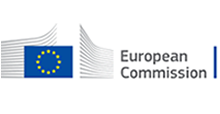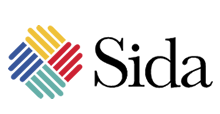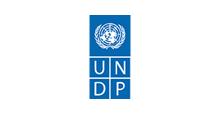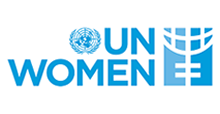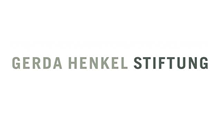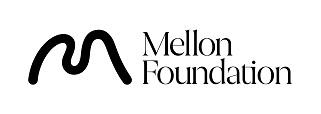Research Focus: Historicizing and Rethinking Humanities and Humanistic Social Sciences Knowledge Production from a Ugandan Locus: Makerere University Since 1922
Project Preamble
The project underscores the significance of humanities, but also highlights the challenges (held in low esteem – underfunding; relying on western epistemic traditions for new knowledge, translating and disseminating this knowledge (theoretical and methodological approaches, reading lists).
The critical role of humanities and humanistic social sciences consists in comprehending, interpreting, and recognising societal commonalities and differences; fostering critical thought, social justice, equity and democratic practice. CHUSS has championed this role for a long time. Indeed, in the 1960s and 1970s before the onslaught of neoliberalism and the emphasis on STEM, the humanities and humanistic social sciences were vibrant. Needless to say, the humanities have been at the heart of Makerere University since the introduction of History in 1946, the East African Institute of Social Research in 1948. The Faculty of Arts and Social Sciences was reputed for eminent scholars and post-independent political leaders, including Julius Nyerere, Milton Obote, Mwai Kibaki, Benjamin Mkapa, Oginga Odinga, Okot p’Bitek, Ali Mazrui, David Rubadiri, Nuruddin Farah, Ngugi wa Thiong’o, John Ruganda, V. S. Naipul, Wole Soyinka, etc.
In spite of the rich history, no attempts have been made to critically historicize and interrogate the past and current positionality of the disciplines of Humanities and Humanistic Social Sciences at Makerere University as well as the legacy of colonialism on these disciplines in any systematic and meaningful manner. For example, some of the humanities disciplines, such as History, were introduced in the colonial moment and the curriculum was largely shaped by colonial thinking. Secondly, while the University is prized in scientific research, today’s complex global challenges such as ‘global warming, global poverty, global epidemics’ and gender inequality cannot be solely explained or resolved solely by natural scientific disciplines (Humanities World Report 2015). It is important to understand the human factor, which is central in most of the modern scientific glitches. Not only do the humanities and humanistic social sciences explicate our existence as human beings, but they also contribute to creating “tolerance and understanding between citizens”, which promote social cohesion, and challenge established positions, social norms and traditions through critical thinking, and preserve heritage, cultural memory and identity (World Humanities Report, 2015).
Project Goals
- Rethink and reshape the role of humanities in Uganda
- Re-examine the basis and significance of humanities and humanistic social sciences at Makerere University from a historical perspective to reflect critically on the role and significance of these disciplines to shape their future trends in Uganda and East Africa.
Project Objectives
- Re-examine the basis of the disciplines in the humanities and humanistic social sciences.
- Establish how the disciplines have evolved overtime at Makerere University and what their existence has meant for Uganda.
- Identify the core features that define humanities and humanistic social sciences at Makerere University and in the country.
- Evaluate the contribution of humanities and humanistic social sciences at Makerere University to interdisciplinary research and to public local and global knowledge production.

